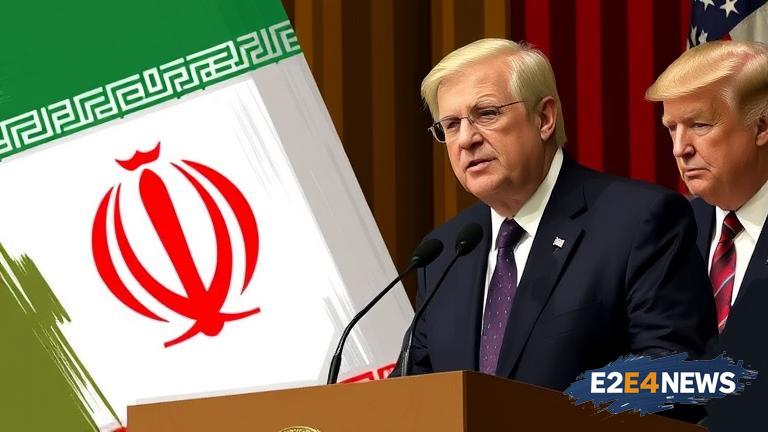Iran has recently stated its readiness to participate in nuclear talks with the United States, but this willingness comes with significant conditions. The Iranian government has made it clear that any negotiations must be preceded by a rebuilding of relations between the two countries. This rebuilding process would need to include the US lifting economic sanctions and taking other steps to demonstrate its commitment to improving ties. Iran’s leadership has emphasized that it will not engage in talks that do not prioritize its national interests and security concerns. The US, under the current administration, has also expressed interest in reviving nuclear negotiations, aiming to strengthen the Joint Comprehensive Plan of Action (JCPOA), commonly known as the Iran nuclear deal. However, the path to successful negotiations is fraught with challenges, including disagreements over the scope of the talks and the sequence of concessions. Iran’s insistence on the US rebuilding relations first reflects its skepticism about Washington’s intentions, given the history of tensions and broken agreements. The international community, including European powers, has encouraged both sides to return to the negotiating table, citing the importance of preventing nuclear proliferation and reducing regional tensions. Despite these efforts, the situation remains complex, with both Iran and the US maintaining firm stances on their respective demands. The economic sanctions imposed by the US have had a significant impact on Iran’s economy, and their removal is seen as a crucial step towards any meaningful dialogue. Furthermore, Iran has continued to develop its nuclear program, citing the need for energy and medical research, which has raised concerns among Western powers about the potential for nuclear weapon development. The negotiations, if they proceed, will require careful diplomacy and a willingness from both sides to make concessions. The outcome of these talks could have far-reaching implications for regional stability and global security. Iran’s readiness for talks, albeit conditional, presents an opportunity for diplomacy to prevail over confrontation. However, the success of such negotiations hinges on the ability of both parties to find common ground and work towards a mutually beneficial agreement. The international community watches with bated breath as these developments unfold, aware of the significant consequences that could arise from either the success or failure of these diplomatic efforts.
Mon. Oct 27th, 2025
